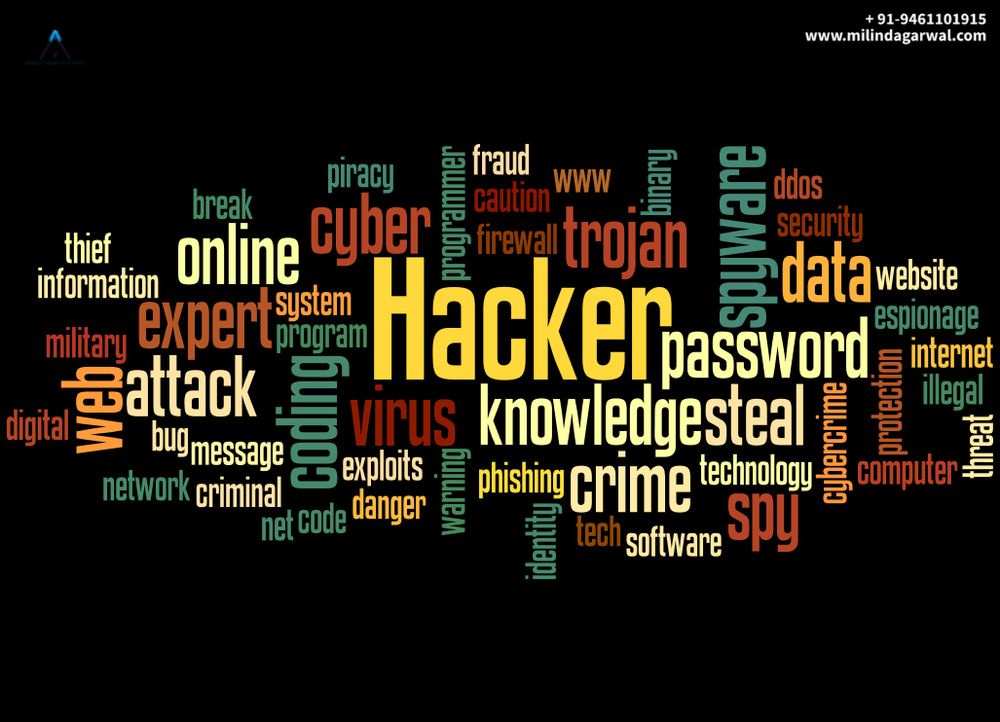In an era where the digital landscape is constantly evolving, the need for robust cybersecurity measures has never been more critical. As organizations increasingly rely on technology to conduct their operations, the risk of cyber threats looms larger than ever. In this challenging landscape, ethical hacking training emerges as a potent weapon to fortify cybersecurity defenses. By equipping professionals with the skills to think like hackers, ethical hacking training contributes significantly to proactive cybersecurity measures, helping organizations stay one step ahead of malicious actors.
Understanding Ethical Hacking Training
Ethical hacking, also known as penetration testing or white-hat hacking, involves authorized professionals attempting to exploit vulnerabilities in a system to identify and rectify potential weaknesses. Ethical hackers are trained to adopt the same techniques and mindset as their malicious counterparts, but with a crucial difference – they use their skills for defensive purposes. Ethical hacking training programs immerse individuals in the world of cyber threats, teaching them to anticipate, identify, and neutralize potential risks.
The Proactive Approach
Proactive cybersecurity measures involve anticipating and mitigating potential threats before they manifest into real issues. Traditional cybersecurity practices often focus on reactive measures, such as firewalls and antivirus software, designed to repel known threats. However, the ever-evolving nature of cyber threats necessitates a more dynamic and anticipatory approach. Ethical hacking training plays a pivotal role in fostering a proactive cybersecurity culture within organizations.
Identifying Vulnerabilities Before Malicious Actors
Ethical hacking training provides professionals with the skills to think like hackers, enabling them to identify vulnerabilities in systems, networks, and applications. By proactively seeking weaknesses in their own digital infrastructure, organizations can patch and fortify potential entry points before malicious actors exploit them. This approach allows companies to stay ahead of cybercriminals, closing loopholes and strengthening their defenses in an ongoing, iterative process.
Realistic Simulation of Cyber Attacks
Ethical hacking training often includes simulated cyber attack scenarios where professionals can apply their skills in a controlled environment. These realistic simulations allow organizations to gauge their preparedness and response mechanisms in the face of various cyber threats. By experiencing simulated attacks, cybersecurity professionals can fine-tune their strategies and enhance their ability to respond effectively to real-world cyber threats.
Continuous Improvement and Adaptation
The landscape of cyber threats is dynamic, with new attack vectors and techniques emerging regularly. Ethical hacking training instills a mindset of continuous improvement and adaptation in cybersecurity professionals. By staying abreast of the latest trends in cyber threats, ethical hackers are better equipped to anticipate and counter evolving attack strategies. This proactive approach ensures that organizations are not caught off guard by emerging threats, maintaining the resilience of their cybersecurity infrastructure.
Compliance and Regulatory Requirements
In many industries, compliance with cybersecurity regulations is not just a best practice but a legal requirement. Ethical hacking training provides professionals with the knowledge and skills to meet these compliance standards. By conducting regular penetration tests and vulnerability assessments, organizations can demonstrate their commitment to cybersecurity best practices, ensuring that they not only meet regulatory requirements but also create a secure environment for their digital assets.
Building a Security-Conscious Culture
Ethical hacking training is not limited to technical skills alone; it also emphasizes the importance of creating a security-conscious culture within organizations. By raising awareness about the potential risks and consequences of cyber threats, ethical hacking training encourages a proactive approach among employees at all levels. When every member of an organization is vigilant and understands their role in maintaining cybersecurity, the overall defense against potential threats is significantly strengthened.
Conclusion
In the digital age, where cyber threats are a constant concern, organizations must adopt a proactive stance to safeguard their digital assets and sensitive information. Ethical hacking training emerges as a cornerstone in the foundation of proactive cybersecurity measures. By empowering professionals with the skills to identify vulnerabilities, simulate cyber attacks, continuously improve defenses, meet regulatory requirements, and foster a security-conscious culture, ethical hacking training plays a crucial role in fortifying organizations against the ever-evolving landscape of cyber threats. Embracing ethical hacking as a proactive cybersecurity strategy is not just a best practice; it is a strategic imperative for any organization committed to securing its digital future.


No comments yet